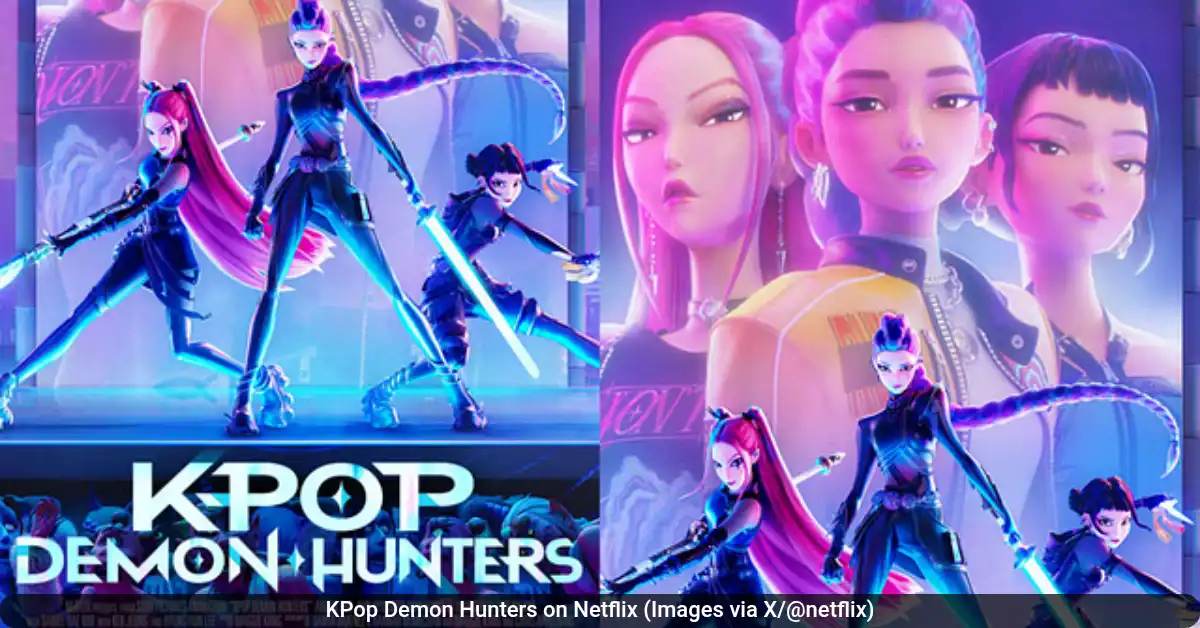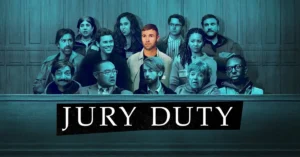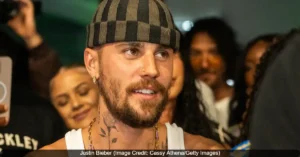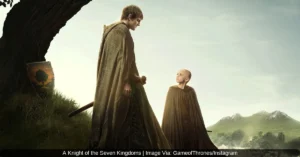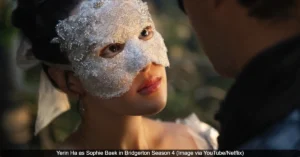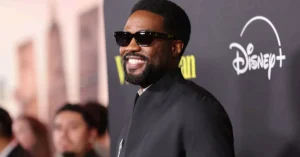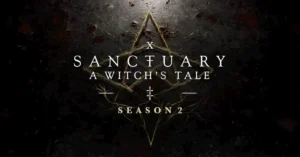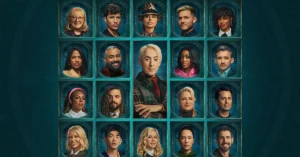Animated musical film KPop Demon Hunters has become Netflix’s most-watched movie ever. It reached 236 million views just 67 days after its release on June 20, 2025. The movie passed the previous record holder, Red Notice, which had 230.9 million views. This global hit combines K-pop music, demon fighting action, and animation. It also achieved huge success in theaters and on music charts.
The film tells the story of Huntr/x, a famous K-pop girl group. The three members, Rumi, Mira, and Zoey, secretly fight demons while maintaining their pop star careers. They face a rival boy band called Saja Boys, who are actually demons trying to steal souls. The movie features voice actors like Arden Cho, May Hong, and Daniel Dae Kim.
Record Breaking Viewership and Global Popularity
KPop Demon Hunters reached its 236 million views by adding 25.4 million views in the week of August 18 to 24. It has held the number one spot on Netflix’s English films list for 10 weeks. The movie ranked first in over 26 countries and made the Top 10 in 93 markets worldwide. Its steady viewership declined almost 0% for three weeks in a row.
“You don’t really expect this kind of reaction. I honestly didn’t think it was even possible for a movie to be this popular, really,” said director Maggie Kang.
The film is a collaboration between Netflix and Sony Pictures Animation. Sony produced it with a budget of about $100 million. However, due to a pandemic-era deal, Netflix owns the rights. Sony will earn only about $20 million in profit despite the movie’s massive success.
Music Soundtrack Dominates Billboard Charts
The soundtrack of KPop Demon Hunters made music history. It is the first soundtrack to have four songs in the Top 10 of the Billboard Hot 100 at the same time. The song “Golden” reached number one. Other hits include “Your Idol” at number four, “Soda Pop” at number five, and “How It’s Done” at number ten. The soundtrack also ranks number two on the Billboard 200 chart. It has over 3 billion global streams.
This achievement had not been seen since the Saturday Night Fever soundtrack in 1978. The success highlights the power of K-pop and the film’s catchy music. The songs were created with help from producers who worked with famous K-pop acts like BTS and Twice.
Successful Theatrical Sing-Along Event
Netflix released a sing-along version of the movie in theaters on August 23 and 24. This event took place in 1,300 theaters across the US, Canada, UK, Australia, and New Zealand. Shows were sold out. The sing-along version earned about $18-20 million at the box office. It beat other films to become the number one movie in North America that weekend.
This was a rare theatrical release for Netflix. The company usually avoids cinema showings unless needed for awards. The sing-along version is now available on Netflix. Its viewership will be combined with the original film, which may further increase its total views.
Cultural Impact and Controversy
The movie’s success shows the global popularity of Korean pop culture. It blends K-pop, animation, and fantasy in a new way. The characters are relatable and real, which appeals to young audiences.
“On stage, they’re perfect. But put them together and they’re goofy, they’re real, they’re making funny faces. They eat all the things that they want, and they’re burping. I think it makes us, as girls, feel seen,” said voice actor Arden Cho.
However, the film also faced some controversy. Some Chinese netizens accused it of cultural appropriation. They criticized the use of traditional knots, herbal medicine, and tiger motifs. Korean netizens responded by pointing out illegal streaming of Korean shows in China.
Future Plans for the Franchise
Netflix and Sony are already discussing a sequel. The director, Maggie Kang, expressed interest in exploring backstories for the characters.
“We’ve set up so much for potential backstory. Obviously, there’s a lot of questions that are left unanswered and areas that are not explored, and we had to do that because there’s only so much movie you could tell in 85 minutes. This was Rumi’s story, and we have backstories for Zoey and Mira, ones that we actually put in the movie, but it just kind of rejected it. It just wasn’t the movie for those stories,” Kang said.
Netflix plans to expand the franchise with a live-action remake, a stage musical, and more. They see it as their version of Frozen. The film’s success could influence how Netflix approaches future animated projects.
Comparison with Other Netflix Hits
KPop Demon Hunters broke the record set by Red Notice in 2021. Red Notice had stars like Dwayne Johnson and Ryan Reynolds but lacked the franchise potential of this new hit. Other top Netflix films include Carry-On with 172.1 million views, Don’t Look Up with 171.4 million views, and The Adam Project with 157.6 million views.
The movie’s success is unusual because it is an original story, not based on existing material. Most Netflix original movies leave the top 10 after a month, but this one has stayed for over 10 weeks.
Production and Creative Team
The film was directed by Maggie Kang and Chris Appelhans. Kang is a Canadian writer-director from Toronto. She worked as a storyboard artist for 20 years before this film. The script was written by Danya Jimenez, Hannah McMechan, Kang, and Appelhans.
Music producer Ian Eisendrath worked with K-pop stars to create the soundtrack. Voice actors include Arden Cho, Ahn Hyo-seop, Yunjin Kim, and Ken Jeong. Lee Byung Hun voiced the villain Gwi Ma.
Awards and Future Prospects
The film is now eligible for awards like the Oscars and Grammys. Its animation style and music make it a strong candidate. The theatrical release helps it qualify for awards. Netflix is likely to campaign for it during awards season.
The success of KPop Demon Hunters may change how studios approach animated films. It proves that original stories can succeed without being remakes or sequels. It also shows the power of global audiences and K-pop fans.
Also Read: KPop Demon Hunters Announces Special Sing-Along Theatrical Event After Record-Breaking Success
Credits: Fortune, CBC News, The Guardian

